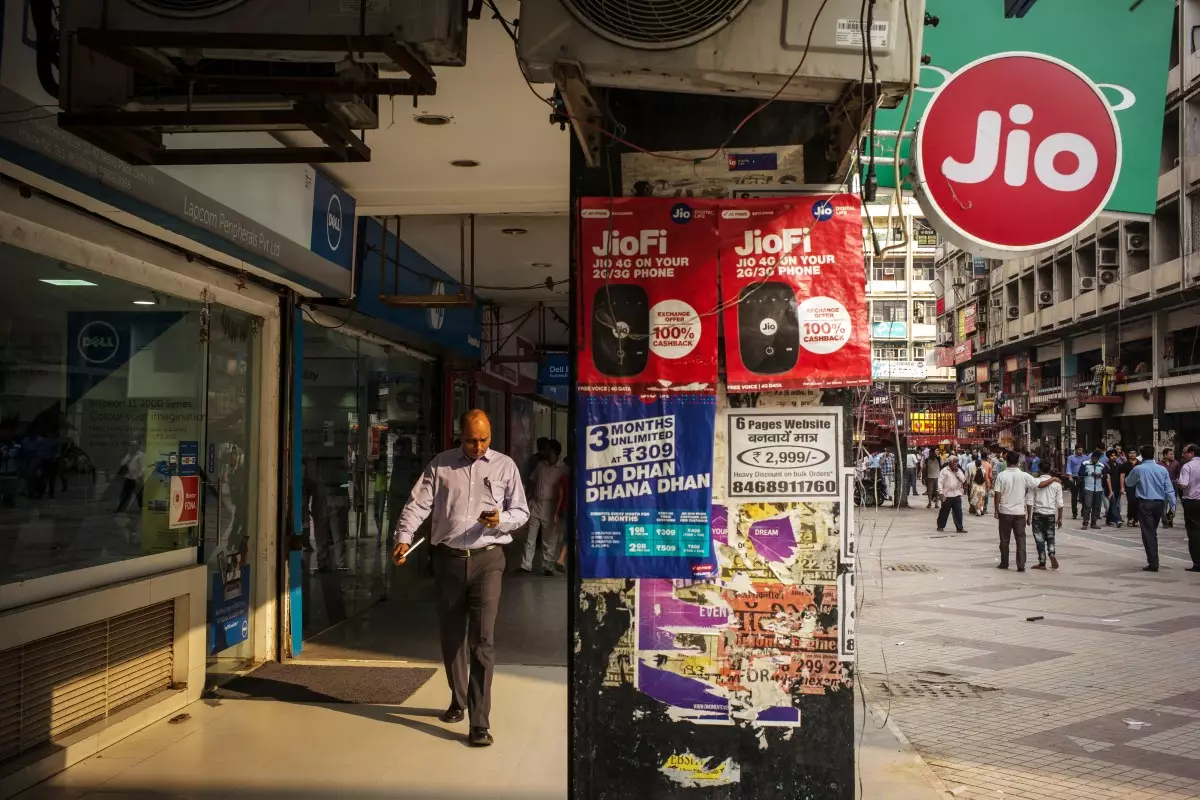The digital privacy landscape in India has undergone a significant transformation as multiple Virtual Private Network (VPN) applications faced removal from major app stores, including Cloudflare’s well-known 1.1.1.1. This decisive action from the Indian government signifies a tightening grip on digital surveillance, raising questions about user privacy and freedom of access to the internet within the country.
The Indian Ministry of Home Affairs has been proactive in enforcing compliance related to VPN services. Details revealed by TechCrunch indicate that the ministry issued removal orders to various apps, including well-known names such as Hide.me and PrivadoVPN. The communication to affected developers highlights a “demand” from the Indian Cyber Crime Coordination Center, which argued that the services offered by these developers violated Indian law. This intervention not only underscores the government’s increasing authority over the digital domain but also illustrates a concerning trend where user privacy may come secondary to regulatory control.
This enforcement is the first major application of India’s 2022 regulatory framework that governs VPN operations. The regulations require VPN companies to keep extensive records of their users, including personally identifiable information for a minimum of five years. This unprecedented level of data retention has drawn the ire of major VPN providers like NordVPN, ExpressVPN, and others, who see this requirement as an infringement on user privacy—a fundamental principle for which VPNs were initially developed.
In response to the stringent regulations, prominent VPN providers have voiced strong objections. Many of them, such as NordVPN and ExpressVPN, have commenced measures to withdraw their infrastructure from Indian territory. While these services may continue to be available to users in India, their marketing efforts within the country have largely been curtailed. This stance not only indicates their commitment to upholding privacy standards but also hints at a broader conflict between industry norms and governmental regulations.
In the short term, the removal of multiple VPN applications could diminish user access to secure internet browsing in India, leading to potential increases in government surveillance. The long-term implications may involve a chilling effect on digital privacy advocacy, as users may become increasingly wary of digital tools that expose them to regulatory scrutiny. As the government enforces compliance, the fundamental tenets of user privacy may be at risk, prompting a reevaluation of how and where individuals access digital workspaces.
As the landscape for VPN providers in India shifts dramatically, the interplay between regulatory demands and user privacy rights becomes increasingly complex. This situation challenges not only users seeking digital anonymity but also the service providers committed to safeguarding that privacy. It raises a critical imperative for dialogue between the government and digital service providers to balance security interests with the fundamental rights of users. The future of digital privacy in India is at a crossroads, and the coming months will likely determine its trajectory.

